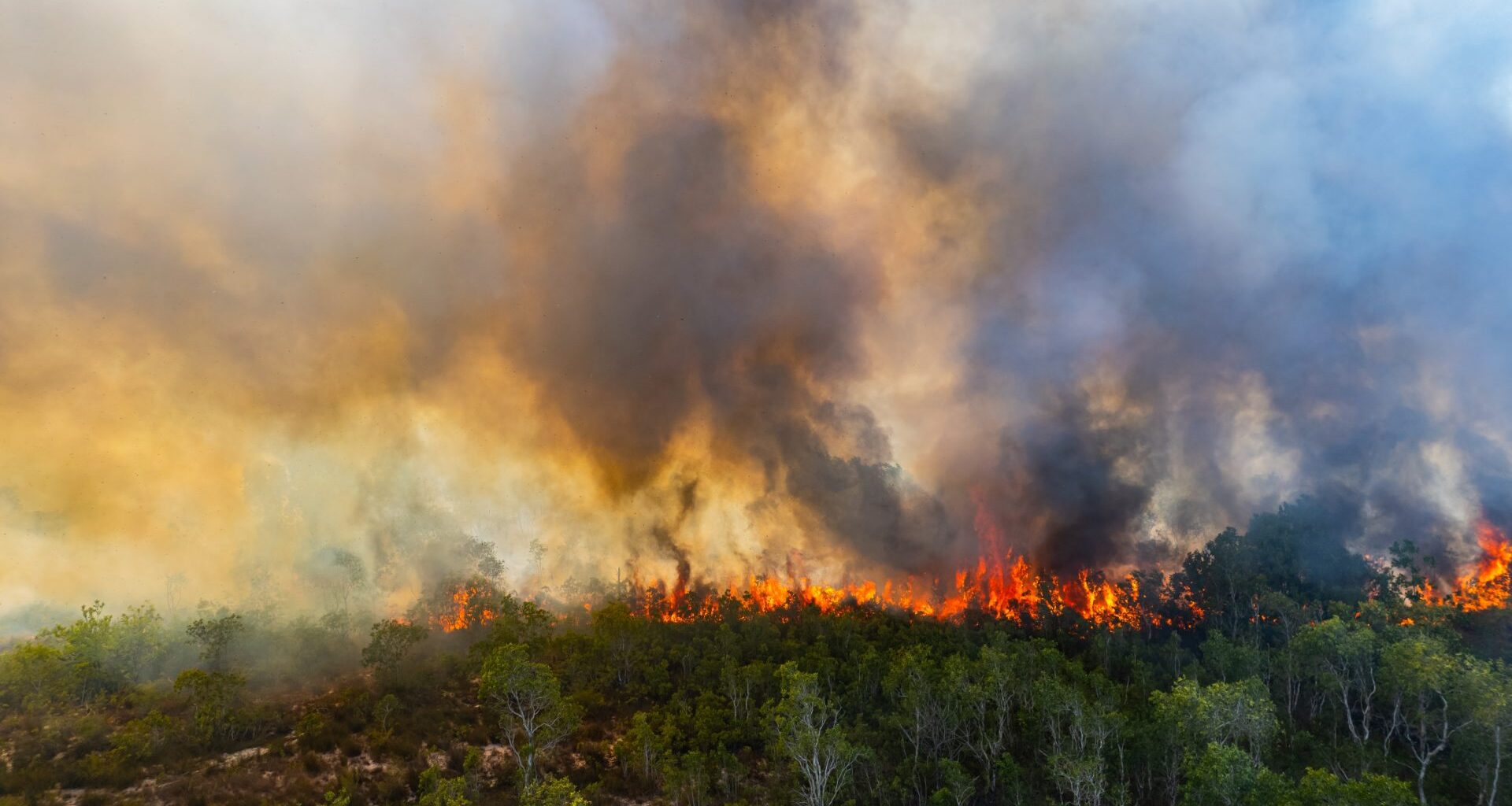A recent study published in Science reveals a 60 percent global increase in carbon dioxide emissions from forest fires over the past two decades. Notably, emissions from northern boreal forests in North America and Eurasia have nearly tripled between 2001 and 2023.
Source: Food and Agriculture Organization of the United Nations/YouTube
“We’re seeing more frequent fires in these forests under hotter and drier conditions than they’ve ever evolved to handle,” said Matthew Jones, the study’s lead author and a climate scientist at the University of East Anglia. “When fires occur now, they’re more severe than before.”
The findings highlight a significant shift in global fire patterns. In the early 2000s, tropical forests were the largest contributors to wildfire emissions, primarily due to human-caused deforestation. Now, accelerated warming in northern regions has made boreal forests the new hotspot. “This increase isn’t surprising,” remarked James MacCarthy of Global Forest Watch, who was not involved in the study. “With each degree of warming, wildfire risk grows exponentially.”
Since 2001, fires outside the tropics have released an additional half a billion tons of carbon dioxide annually. This surge is driven by both larger areas being burned and more intense wildfires. Globally, the carbon combustion rate—the amount of carbon emitted per burned area—has risen by nearly 50 percent.
Boreal forests are particularly vulnerable due to their rich stores of carbon in peatlands and deep soils. Their low-branching trees and needle-covered grounds facilitate rapid fire spread. Additionally, increased lightning strikes—a phenomenon linked to a warming climate—are igniting more fires in these regions.
Recent catastrophic events echo the study’s findings. California experienced its most destructive wildfires in 2018 and its largest by acreage in 2020, both exacerbated by extreme heat and drought. In 2021, Siberian fires burned millions of acres, emitting record levels of carbon dioxide. The summer of 2023 saw Canadian wildfires consume six times more area than the average over the previous two decades, accounting for over a quarter of global tree loss that year.
As forests burn, we lose vital ecosystems and crucial carbon sinks that help mitigate Climate change. Some, especially those with carbon-rich peatlands, may take thousands of years to recover—if they ever do. “Burning these fuels is effectively irreversible on human timescales,” Jones warned. “Climate change is fundamentally altering Earth’s systems.”
While improved fire management practices can offer some relief, experts stress that addressing the root cause is essential. “Ultimately, this is a Climate change problem,” Jones stated. “Reducing fossil fuel emissions is absolutely critical.”
This study serves as a stark reminder of the urgent need for global action to reduce greenhouse gas emissions and protect our remaining forests.
Latest Petitions to Sign:
Related Content:
Easy Ways to Help the Planet:
Eat Less Meat: Download Food Monster, the largest plant-based Recipe app on the App Store, to help reduce your environmental footprint, save animals and get healthy. You can also buy a hard or soft copy of our favorite vegan cookbooks.
Adopt-a-Pet: Visit WildWatchers, a watchdog platform specifically designed for animal, earth, and wildlife warriors to actively give back, rescue, and protect animals and the planet.
Reduce Your Fast Fashion Footprint: Take initiative by standing up against fast fashion Pollution and supporting sustainable and circular brands like Tiny Rescue that raise awareness around important issues through recycled zero-waste clothing designed to be returned and remade over and over again.
Support Independent Media: Being publicly funded gives us a greater chance to continue providing you with high-quality content. Please consider supporting us by donating!
Sign a Petition: Your voice matters! Help turn petitions into victories by signing the latest list of must-sign petitions to help people, animals, and the planet.
Stay Informed: Keep up with the latest news and important stories involving animals, the environment, sustainable living, food, health, and human interest topics by subscribing to our newsletter!
Do What You Can: Reduce waste, plant trees, eat local, travel responsibly, reuse stuff, say no to single-use plastics, recycle, vote smart, switch to cold water laundry, divest from fossil fuels, save water, shop wisely, Donate if you can, grow your food, volunteer, conserve energy, compost, and don’t forget about the microplastics and microbeads lurking in common household and personal care products!
